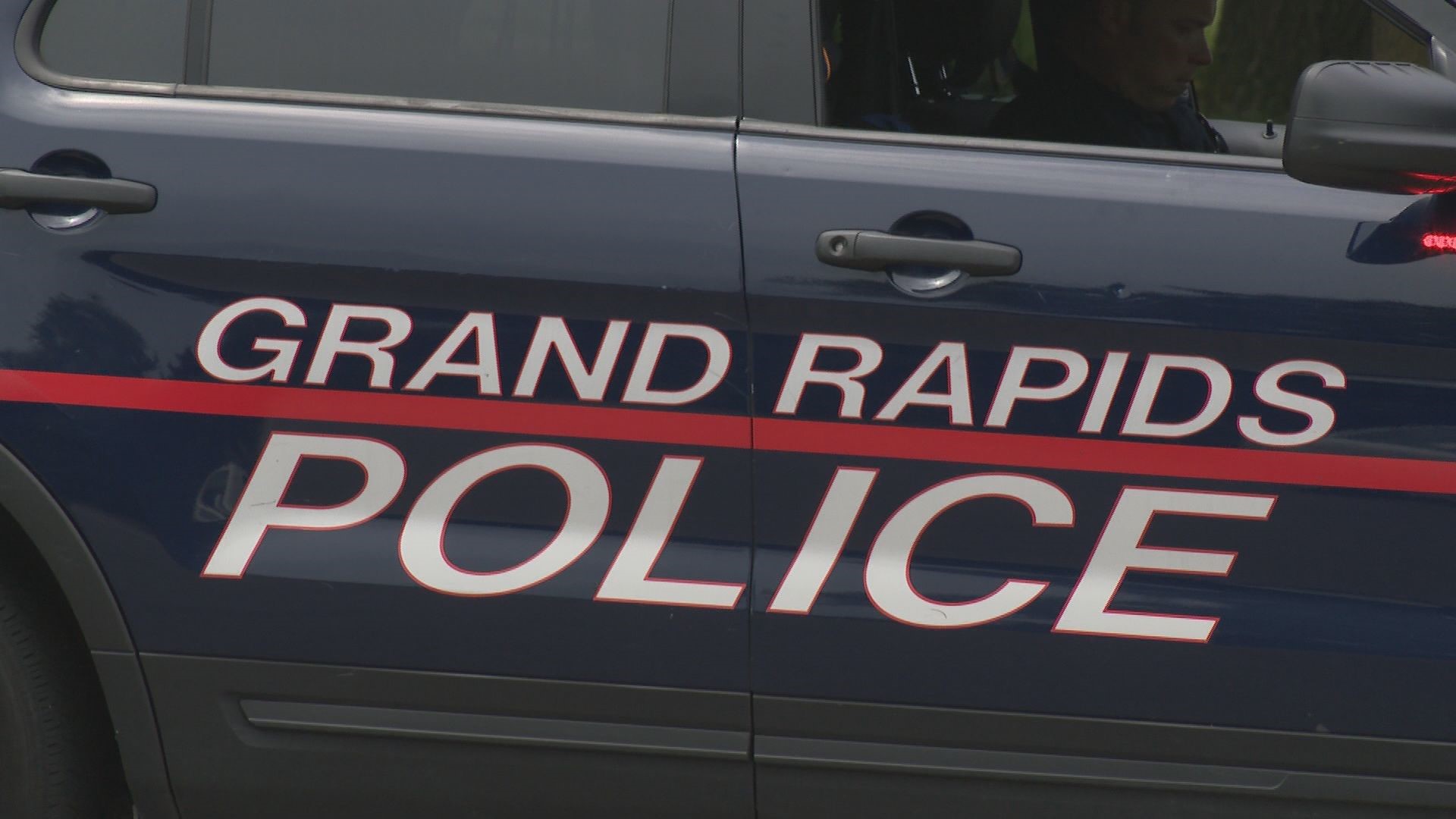GRAND RAPIDS, Mich. — The practice of fingerprinting people without probable cause or a warrant is unconstitutional, the Michigan Supreme Court said Friday.
The court unanimously said Grand Rapids police violated the Fourth Amendment protection against unreasonable search and seizure.
“The fingerprinting of each of the plaintiffs in these cases constituted a physical trespass onto a person’s body, a constitutionally protected area," Justice Richard Bernstein wrote.
The incidents involved two Black teenagers in 2011 and 2012, though the American Civil Liberties Union said photos and fingerprints were taken from thousands of people in Grand Rapids.
Denishio Johnson was stopped after cutting through the parking lot of a fitness club where there had been vehicle thefts.
Keyon Harrison was stopped after handing a model train engine to someone. He said it was part of a school project. Johnson and Harrison were photographed and fingerprinted but not charged with crimes.
They subsequently sued Grand Rapids police.
“The fingerprinting in these cases was not reasonably related in scope to the circumstances that justified either stop,” Bernstein said.
Grand Rapids has dropped the practice. But it had defended fingerprinting as a way to determine someone's identity when they had no identification. Police also took photos.
The City of Grand Rapids released a statement to 13 ON YOUR SIDE regarding the ruling.
"The City of Grand Rapids has received the decision and is currently reviewing what its next steps may be. As this ruling now requires additional consideration for lower courts, we will withhold further public comment as each case works towards a final resolution."
The city also clarified that the routine fingerprinting practice in question was ended in December of 2015.
►Make it easy to keep up to date with more stories like this. Download the 13 ON YOUR SIDE app now.
Have a news tip? Email news@13onyourside.com, visit our Facebook page or Twitter. Subscribe to our YouTube channel.

